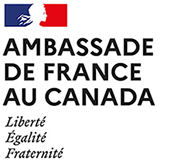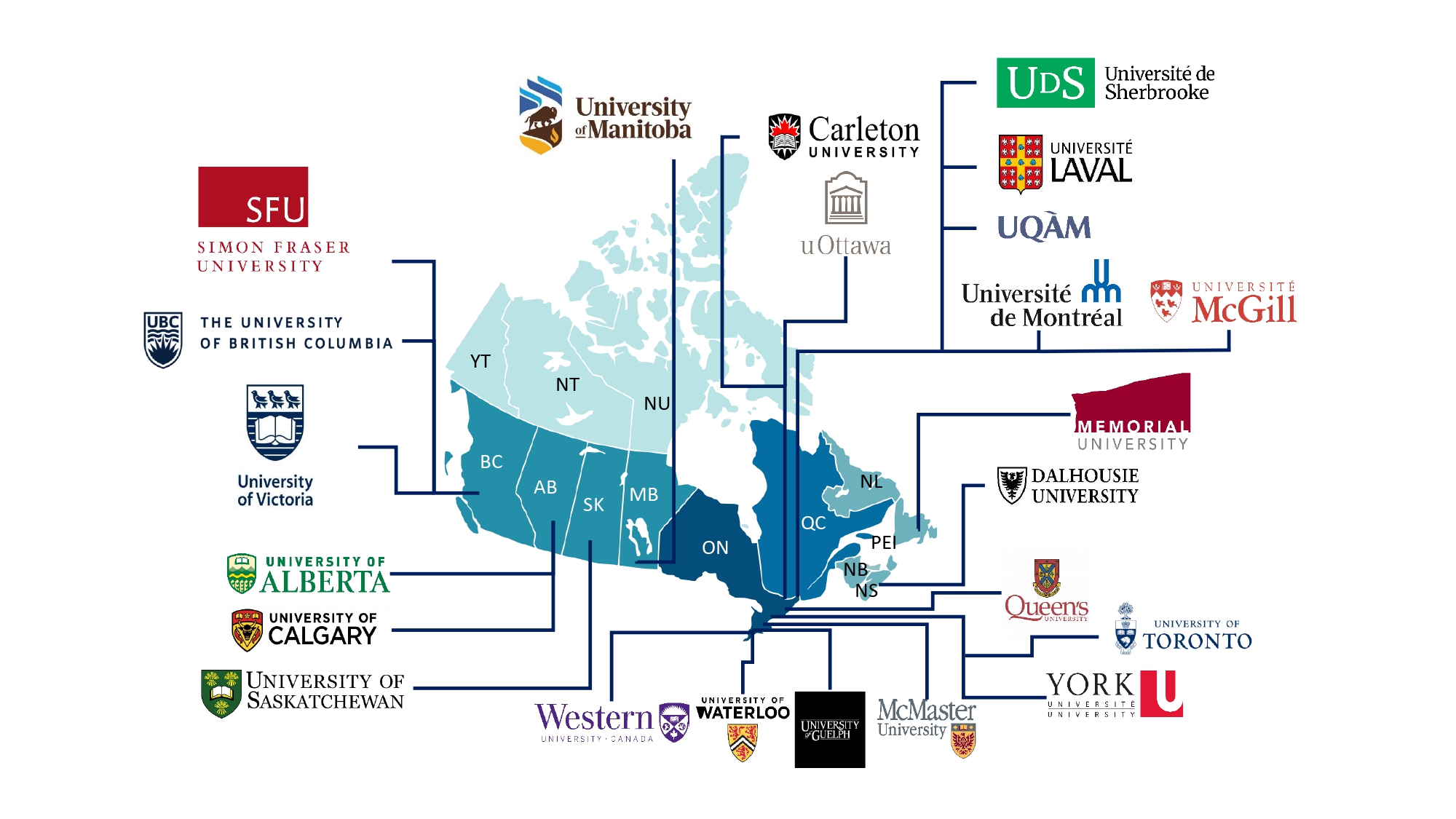FRANCE CANADA RESEARCH FUND (FCRF)

The France Canada Research Fund is a major instrument of Franco-Canadian scientific cooperation, created in 2000 through an agreement between the French Embassy in Canada and a consortium of 23 Canadian universities.
In twenty years, the FCRF has financed over 400 collaborative research projects. The FCRF is currently made up of 23 member universities and supports around 20 new projects each year. These projects are led by French and Canadian teams collaborating for the first time.
Laureates are awarded start-up grants of CA$8,000 to $15,000 to fund research and student mobility between the two countries. In 2020, the FCRF celebrated its 20th anniversary!!
HOW TO APPLY
- The FCRF is open to all fields of research.
- Applications must be for joint projects between a French institution (all universities, grandes écoles, research institutes and organizations are eligible) and one of the 23 Canadian universities that are members of the FCRF.
- The FCRF only funds new collaborations, and researchers who apply must never have worked together before (please refer to the FAQ and the FCRF guide for more information). It is essential that researchers include students and young researchers in their work teams.
- An annually updated FCRF guide is made available to researchers when the call for applications opens.
- Member universities may submit up to five applications. Pre-selected applications are evaluated in a second phase by committees of French and Canadian experts. The FCRF Executive Committee then decides on the final allocation of grants at its annual meeting.
New universities are invited to join the consortium by the FCRF Executive Committee.
CALL FOR APPLICATIONS 2025
Opening of the 2025 call for proposals: September 9th, 2024
FIND THE 2025 GUIDE HERE > Application form FCRF 2025
Deadline for submission of electronic file to the Canadian FCRF university correspondent: November 18th, 2024
Executive Committee’s meeting and selection of grant recipients: End of May 2025 – Early June 2025
OUR PARTNERS
FAQ
Can post-docs apply?
No, only researchers holding a tenured or tenure-track position are eligible to apply.
What is a “young researcher”?
This refers to master’s and doctoral students. Post-doctoral fellows may be considered as young researchers, provided their teams also include students.
What is a “new collaboration”?
Researchers wishing to apply must never have worked together before. For example, co-publication, joint organization of conferences or joint supervision of students are considered collaborations. The researchers concerned are not eligible.
What expenses are eligible in the budget?
FCRF funds are primarily intended to finance the mobility of researchers, including young researchers. As such, travel expenses such as flights, accommodation and meals are eligible. Costs should be balanced to give students a chance to travel too.
University overheads and salaries are not eligible.
What can be included in the “other” category of the budget?
The cost of equipment or materials required for the project, for example, are eligible. However, we recommend that you do not include more than 10% of the total budget in the “other” category.

